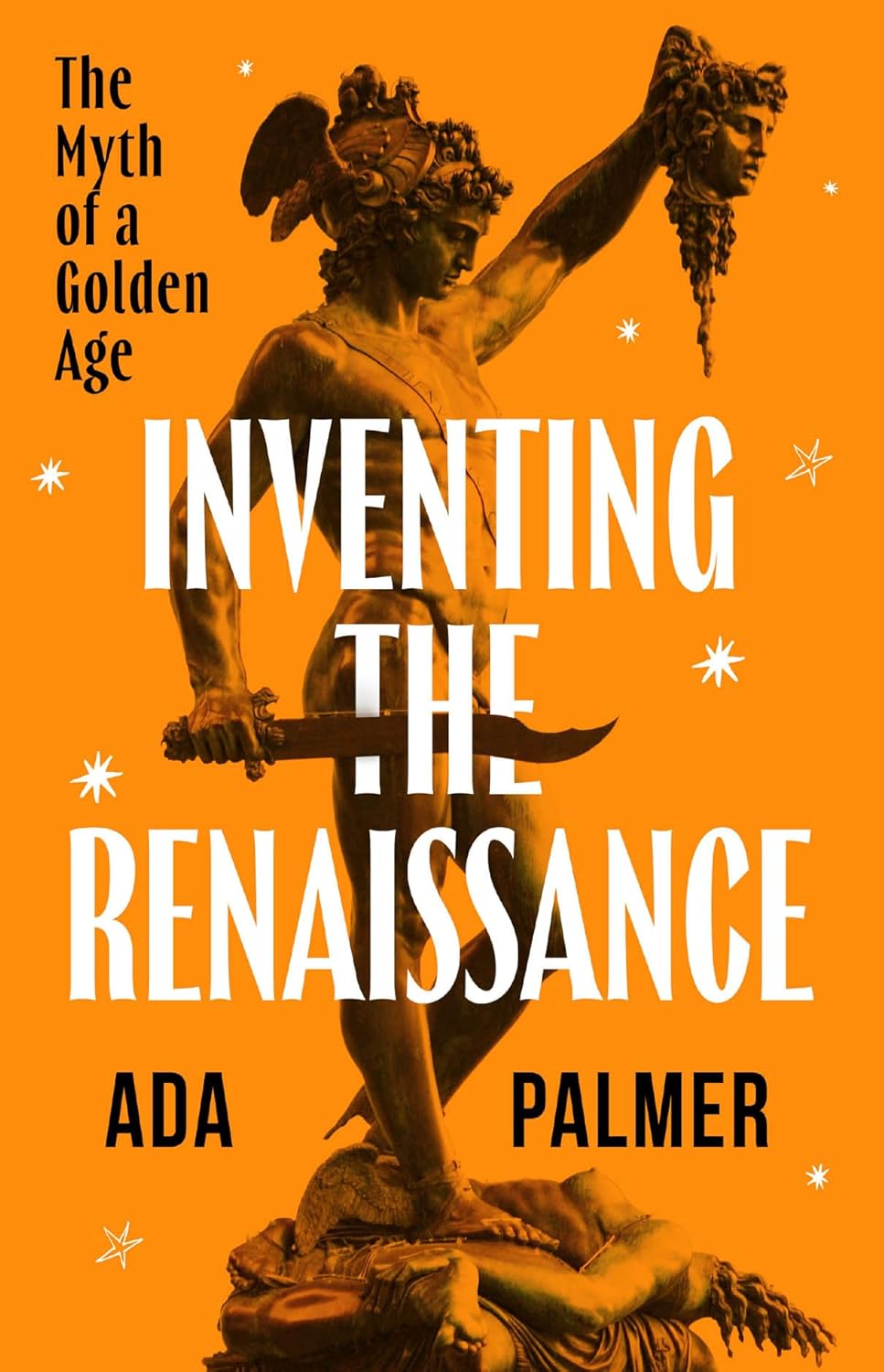Alexander rated Shield of Sparrows: 3 stars

Shield of Sparrows by Devney Perry
The gods sent monsters to the five kingdoms to remind mortals they must kneel.
I’ve spent my life kneeling―to …
@A_W_M@troet.cafe
This link opens in a pop-up window

The gods sent monsters to the five kingdoms to remind mortals they must kneel.
I’ve spent my life kneeling―to …

Dr. Tom More has created a stethoscope of the human spirit. With it, he embarks on an unforgettable odyssey to …

The eccentric detective Ana Dolabra matches wits with a seemingly omniscient adversary in this brilliant fantasy-mystery from the author of …

From the New York Times bestselling author of Jonathan Strange & Mr. Norrell, an intoxicating, hypnotic new novel set …

In the winter of 1937, the village of Okamura is abuzz with excitement over the forthcoming wedding of a son …

He’s a paladin of a dead god, tracking a supernatural killer across a continent. She’s a nun from a secretive …
as often in collections of short stories it is a mixed bag. my three favourites - "being", was reminded of Stephen King - "the test", a really effective dystopian vignette (honorable mention "trespass", a greater than expected pulp story) - "the last day", a reflection about world's end
as often in collections of short stories it is a mixed bag. my three favourites - "being", was reminded of Stephen King - "the test", a really effective dystopian vignette (honorable mention "trespass", a greater than expected pulp story) - "the last day", a reflection about world's end

The future of storytelling is here.
Disabled, disinclined to marry, and more interested in writing than a lucrative career …

The Renaissance is one of the most studied and celebrated eras of history. Spanning the end of the Middle Ages …
i have to admit, i expected something like a travel journal and got some kind of a novel. a difficult spot: the meetings and observations in germany in 1958 were interesting, but maybe 'invented'. and the author's reflections about the nature of 'the german', riddled with a reference-game, were rather artificial and old fashioned.
i have to admit, i expected something like a travel journal and got some kind of a novel. a difficult spot: the meetings and observations in germany in 1958 were interesting, but maybe 'invented'. and the author's reflections about the nature of 'the german', riddled with a reference-game, were rather artificial and old fashioned.


An eccentric detective and her long-suffering assistant untangle a web of magic, deceit, and murder in this sparkling fantasy reimagining …